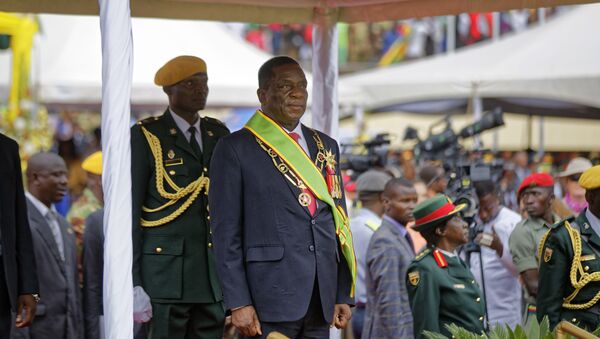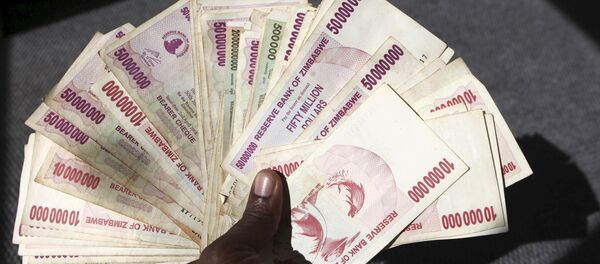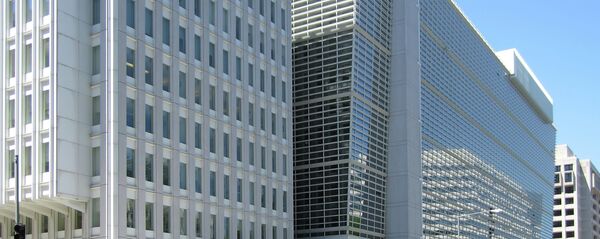"We have always had cooperation in the field of defence and security with Russia. This we are not abandoning … Yes, at the moment we don’t have much economic muscle to buy the things which we would want to buy from the Russian Federation, but down the line, as Zimbabwe becomes stronger in terms of its economic muscle, we should be able to buy the type of hardware, which we know the Russian Federation has and is the state-of-the-art type of equipment that they have, but we are not in a hurry", Mnangagwa said.
READ MORE: Zimbabwe Looks for More Funding From Russia to Tackle Climate Change — Official
The president added that the country would like to focus on "manpower" first.
"We would want initially, we don’t think we [should] concentrate on hardware. We should concentrate on manpower training in the area of the army", Mnangagwa said.
The Zimbabwean president is currently on his first official visit to Moscow and will meet with Russian President Vladimir Putin later in the day.
Sanctions on Zimbabwe
The president has also touched upon the depreciation of Zimbabwe's national currency, saying that it is a direct result of restrictive measures imposed on the country by the European Union and the United States.
"I am sure you are aware that as a result of the sanctions imposed on us, those sanctions were able to collapse our own currency", he stated.
The restrictions had resulted in a collapse of foreign loans and investments in the economy of the African nation. The prolonged economic crisis in the country caused the country's authorities to use the US dollar instead of its national currency.
Fuel Prices Hike
Mnangagwa addressed the recent protests in Zimbabwe, which had begun on Monday after the government doubled fuel prices.
"I understand this that there were some protests happening yesterday but they are almost fizzling out and there is no country which has no challenging problems. These come and pass", he said.
READ MORE: Macron: Despite "Legitimate Anger", "No Retreat" Over Fuel Prices
The president added that Zimbabwe had the cheapest fuel in the world before prices were raised.
"We have the cheapest fuel in the world. Until three days ago our fuel was $0.60, now… we are selling our fuel at $3.31 bond notes. But we have designated service stations for our diplomats and so on who want to pay in US dollars and it will cost them $1.32 in US dollars", Mnangagwa said.
Countries in the region like South Africa and Zambia have similar fuel costs to Zimbabwe, with South Africa selling petrol at around $1.20 per litre and Zambia selling petrol at $1.71 per litre.




